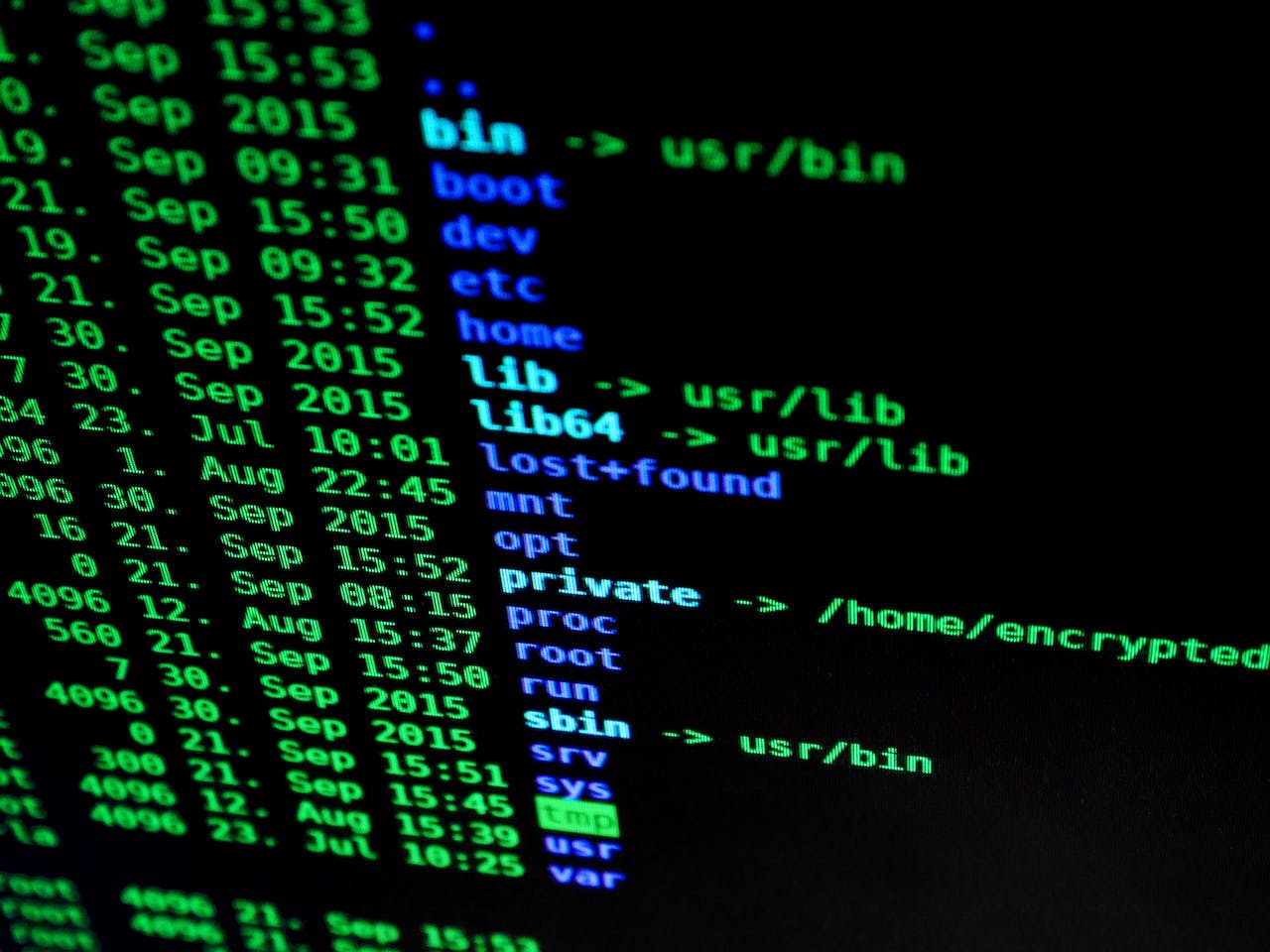Last update at :2024-05-05,Edit by888u
A few days ago, I shared the method of registering a TransIP 1T network disk (http://www.138vps.com/index.php?keyword=TransIP). I calculated with my fingers that everyone should have applied for it, but it is such a big one. It would be a pity not to use the network disk. If you use a browser to upload files, how long will it take to upload them? If you mount this large network disk into a VPS, it would be perfect, right?
In fact, if you observe carefully, you will find that TransIP is quite powerful. It supports changing the language to English in the background, and also supports WebDAV. Similar network disks that support WebDAV include Nut Cloud and BOX, as well as the common cPanel virtual host.
The tutorials for WebDAV are universal and very similar. This tutorial just takes TransIP as an example. You can use it to mount any network disk and virtual host that supports WebDAV, such as the two network disks mentioned above. But the sad thing is , OpenVZ cannot be used. Let's continue. Here we take Centos 7 as an example. Ubuntu has related tutorials, but they have not been confirmed.
The tutorial is divided into three steps
1. Install davfs2
2. Mount to VPS
3. Start up
1. Install davfs2
ubuntu series installation:
apt-get update
apt-get install davfs2
Centos 7 installation:
yum update
yum install davfs2
2. Mount to VPS
1. First create a mounting folder. You can mount it wherever you like, but according to the ancient convention, it is usually mounted in the /mnt folder.
mkdir /mnt/tip
mount -t davfs https://{please replace with your username}.stackstorage.com/remote.php/webdav/ /mnt/tip
Enter your username and password, and you're good to go. You may have to wait a while, as the mounting is slow.
Use df -h to see if the mounting is successful. At the bottom, it is mounted successfully.
At this time, you can copy the vps files to TransIP
3. Start up
This method is only available on Centos 7
1. Enable user lock, use WinScp to open the file [/etc/davfs2/davfs2.conf], find "use_locks", remove the # in front and change 1 to 0 before saving.
2. Save the username and password, use WinScp to open the file [/etc/davfs2/secrets], and add the following content
https://{please replace with your username}.stackstorage.com/remote.php/webdav/ Username Password
At this time, if you unmount and remount, you no longer need to enter the username and password. Then when we turn on the computer again, we only need to run the mounting code once to complete the automatic mounting at boot. However, mounting TransIP is slow and may cause the mount to fail at startup.
3. Automatically mount when booting, use WinScp to open the file [/etc/rc.local], and add: at the end:
mount -t davfs https://{please replace with your username}.stackstorage.com/remote.php/webdav/ /mnt/tip
Restart your VPS! After restarting, be sure to wait a while because mounting TransIP is slow.
We tried several times, but failed to mount at startup. We needed to manually enter the code to mount:
mount -t davfs https://{please replace with your username}.stackstorage.com/remote.php/webdav/ /mnt/tip
Recommended site searches: Wanwang space management, American host network, independent IP host, foreign free all-purpose space, which Hong Kong space is better, registration-free space and network-free space, rental host, Ministry of Industry and Information Technology registration system, Alibaba Cloud server , check the domain name,








发表评论